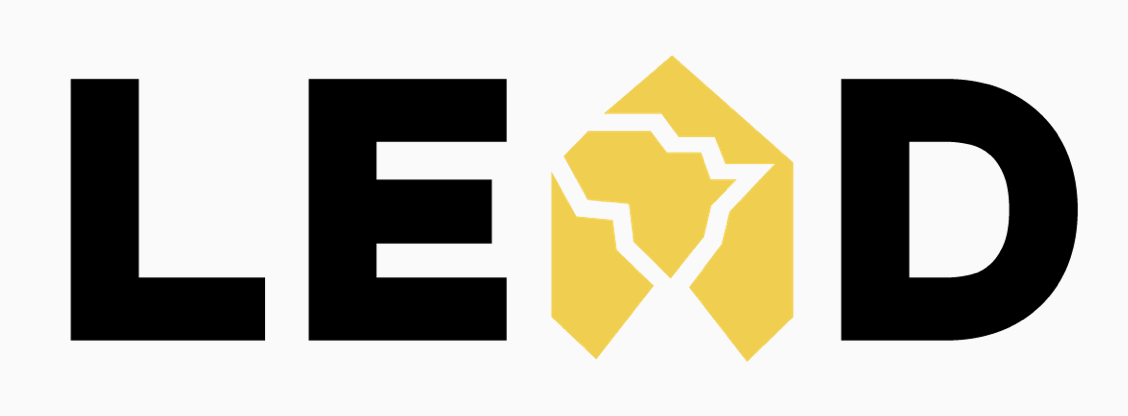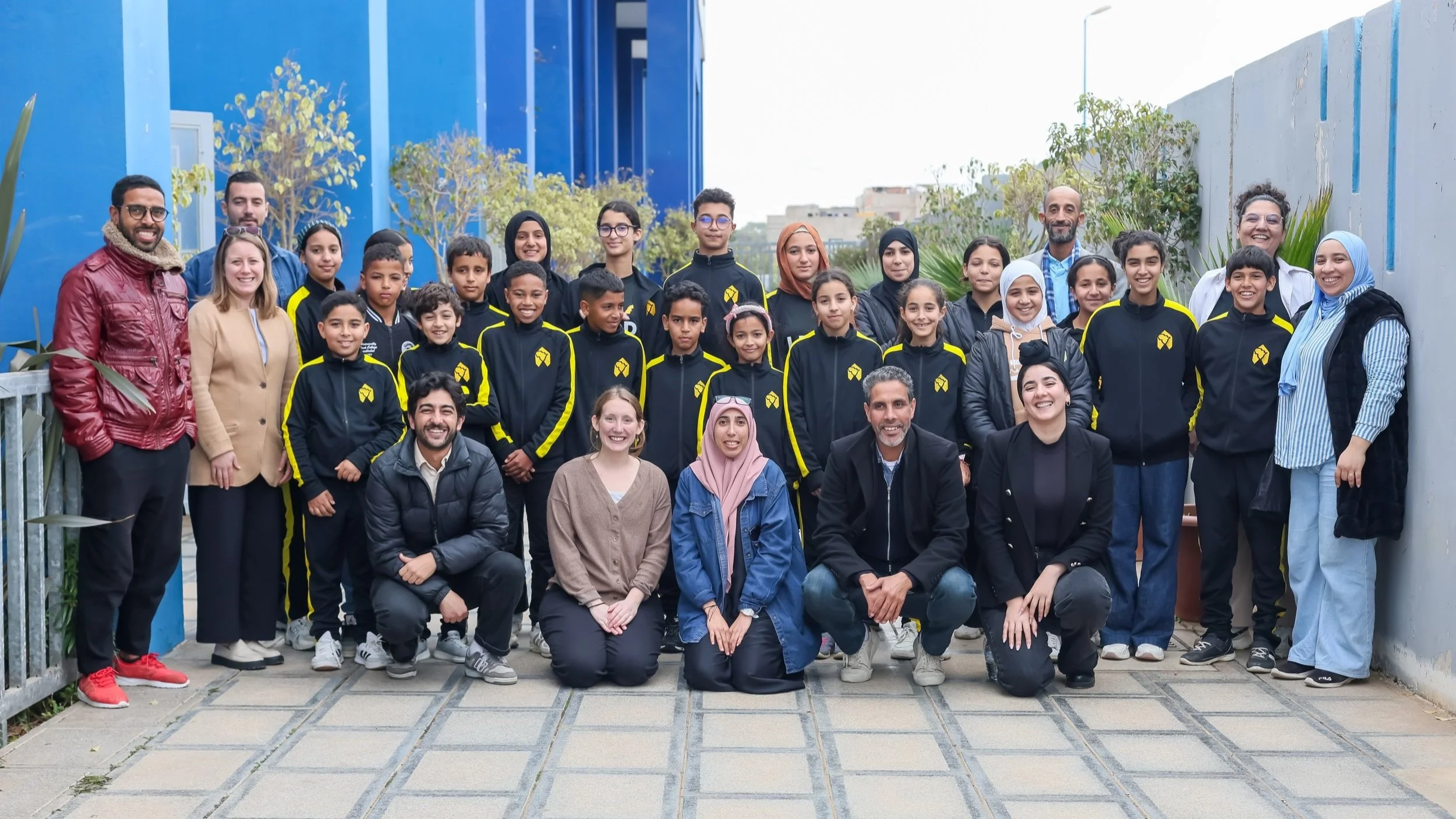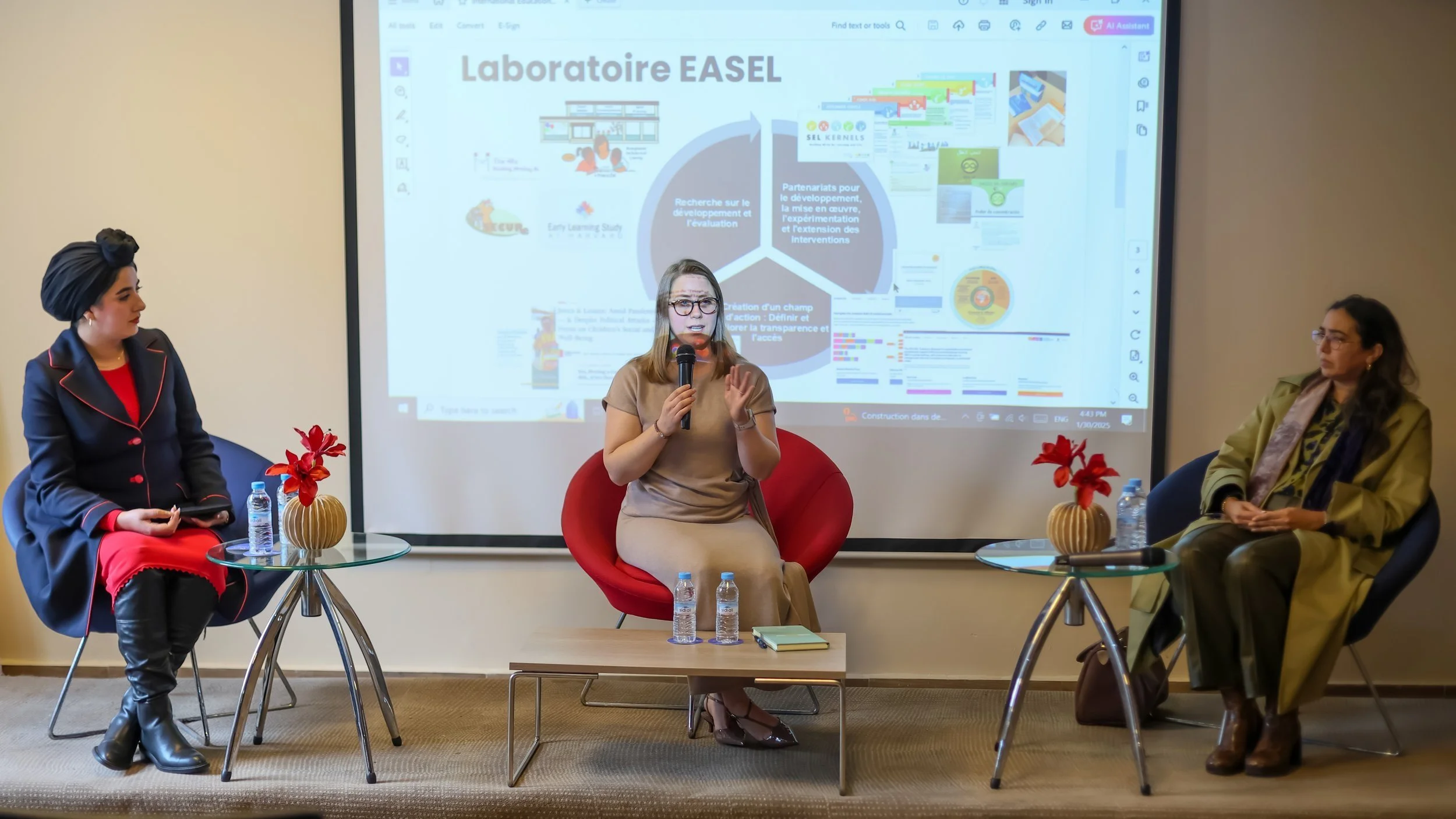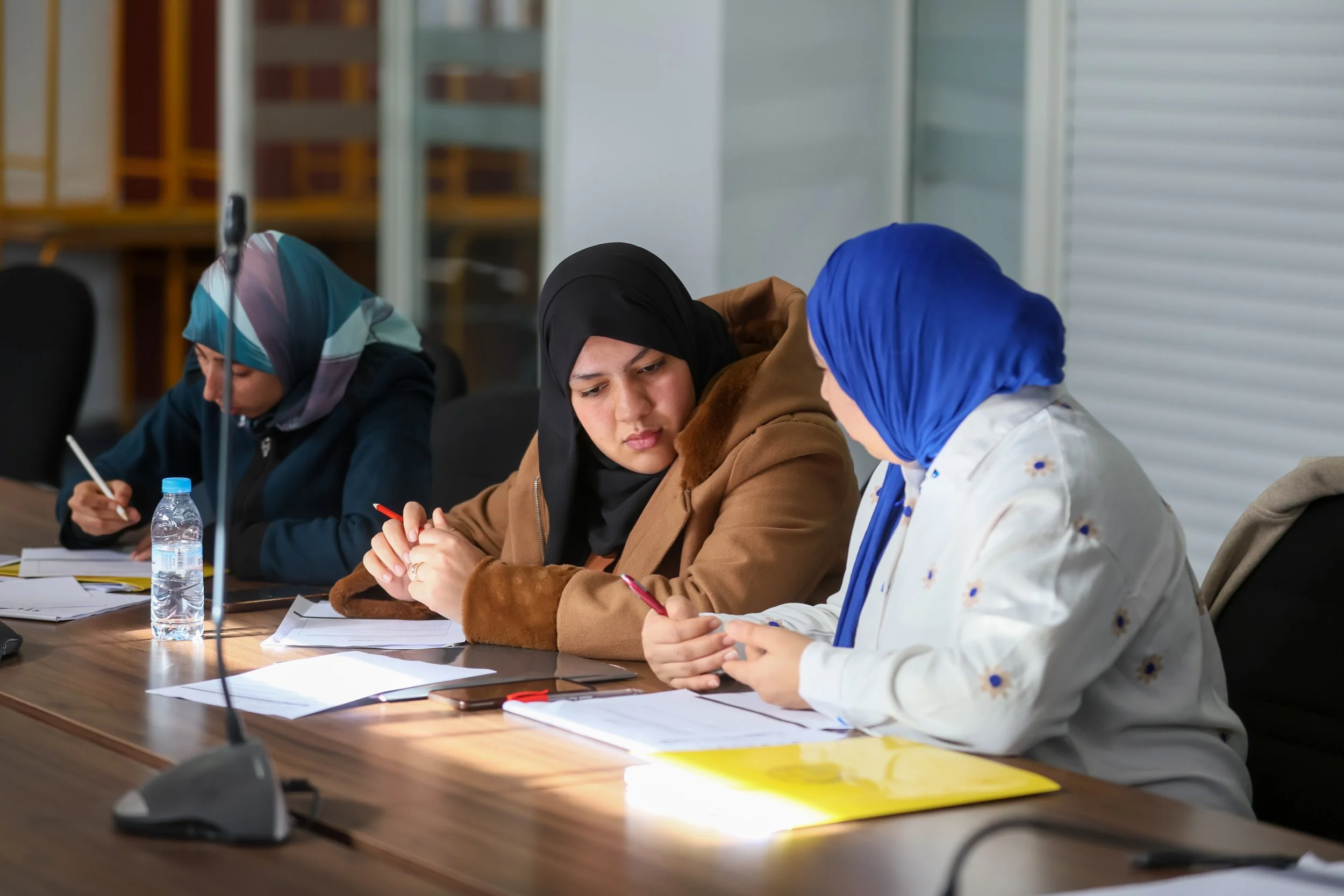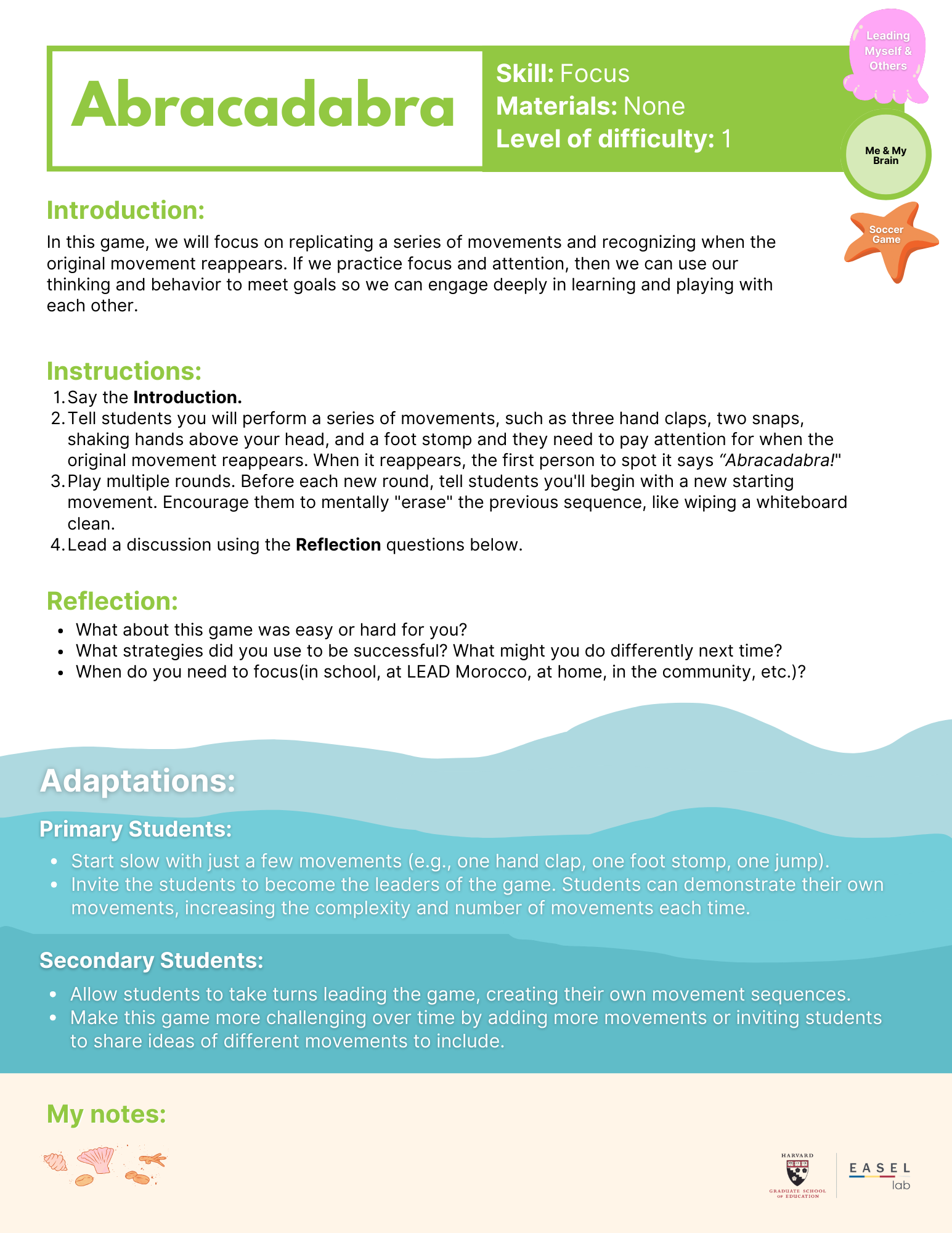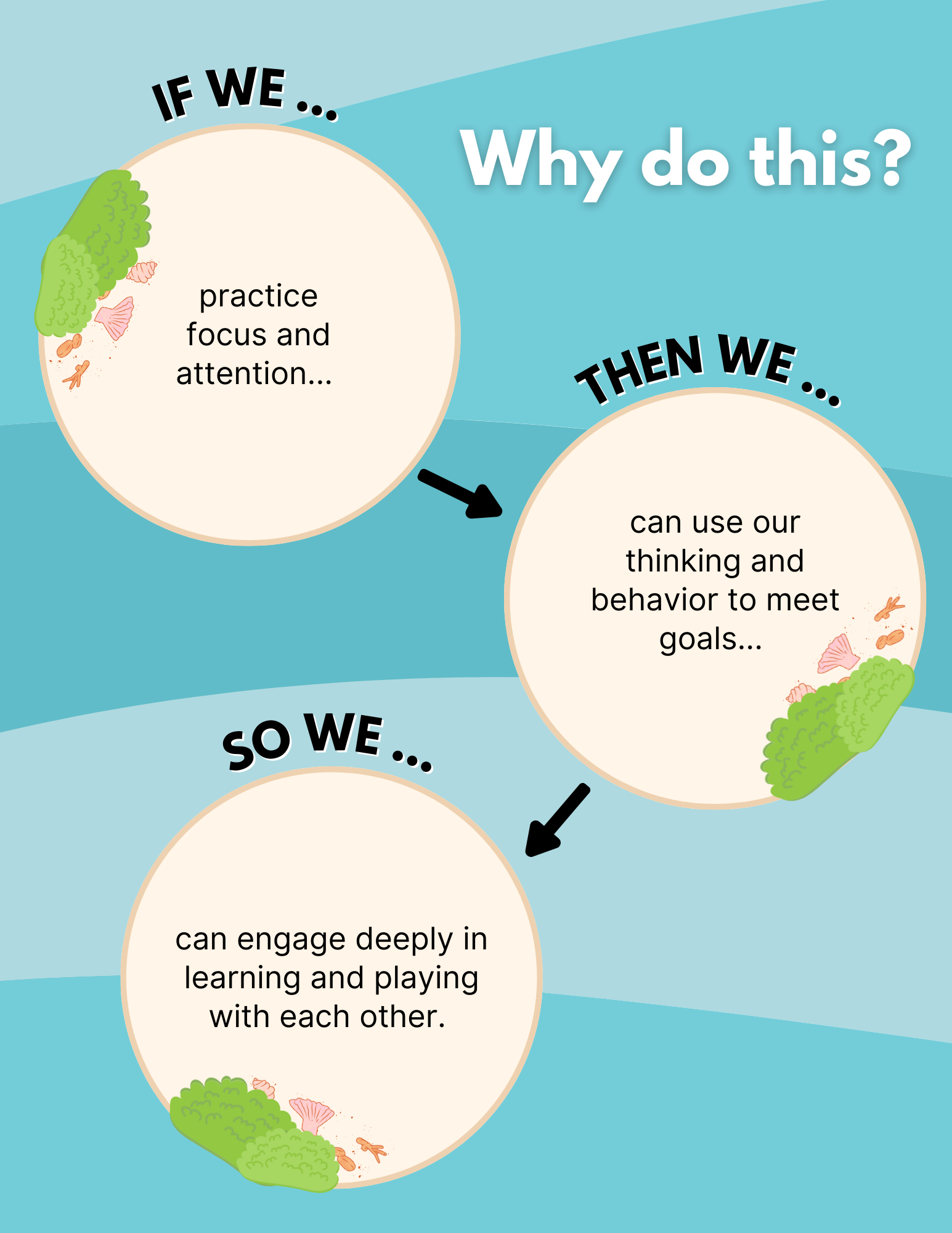Waves of Leadership: Bringing Harvard SEL Kernels to LEAD Morocco
At LEAD, we believe every child has the potential to lead. To advance access and opportunity for children worldwide, we established LEAD Learning, a program dedicated to developing and scaling leadership development curriculum in Liberia, Morocco, and beyond.
Since 2021, LEAD Learning has broadcasted our leadership curriculum through radio-based leadership lessons impacting over 135,000 children in Liberia, Morocco, and Bangladesh.
Today, through LEAD Learning, we are leveraging the power of play to empower teachers and coaches to integrate leadership into the classroom and on the pitch. We’re thrilled to announce an exciting new partnership that brings us closer to our mission: we’re collaborating with the EASEL Lab at Harvard University to adapt their Social and Emotional Learning (SEL) Kernels for implementation at LEAD Morocco.
The EASEL Lab at Harvard visiting LEAD Morocco.
What are SEL Kernels?
SEL Kernels are simple, adaptable games and activities designed to help students develop key social and emotional skills, attitudes, and mindsets that help students be successful in school and life. At LEAD, we believe social and emotional learning is a building block for leadership.
Created by the EASEL Lab at Harvard and implemented in diverse contexts including the US and Nigeria, SEL Kernels focus on 6 key domains: cognitive, emotion, social, values, perspectives, and identity. Teachers and coaches can seamlessly integrate these fun, evidence-based games into their daily routines, making SEL an accessible and dynamic part of learning.
Adapting SEL Kernels for LEAD Morocco
In December 2024, the EASEL Lab at Harvard conducted landscape research to gain a deeper understanding of LEAD’s leadership framework: leading myself, leading others, and leading my community. Staff completed surveys, participated in three focus group discussions, and shared LEAD Morocco’s curriculum with the Harvard research team. Below is the result of that process: a co-created framework that outlines target skills based on the alignment between the SEL Kernels Framework and LEAD’s approach.
Waves of Leadership Framework created by the EASEL Lab at Harvard and LEAD Morocco.
Training with Harvard’s EASEL Lab
In January, LEAD Morocco hosted LEAD Edu’s Executive Director, Anita Farsad and a team of researchers, Research Manager, Sonya Temko and Research Assistant, Emily Stolz, from Harvard’s EASEL Lab for a week of hands-on training. Over the course of the week, teachers, coaches, and student-athletes built an understanding of social and emotional skills, played evidence-based games, and provided feedback on what works and doesn’t work in the Moroccan context. This was the first step towards implementing the pilot throughout the Spring semester, during which teachers and students will continue to adapt the games to meet the needs of student-athletes at LEAD Morocco.
EASEL Lab Research Manager, Sonya Temko, presenting Harvard SEL Kernels at the International Day of Education conference in collaboration with LEAD Morocco and the Moroccan Ministry of Education.
From SEL Kernels to Waves of Leadership
After the training, our team translated materials into both Arabic and French, while also incorporating local expressions wherever possible. The team plans to incorporate sports and movement into activities that were originally designed for the classroom.
Since LEAD Morocco is located near the beach and the community is deeply connected to the ocean, the team even re-named SEL Kernels to “Waves of Leadership.” Like the waves of the ocean, the leadership skills that students develop through these activities not only build off of each other, but also have the potential to impact an entire environment. By making these activities relevant and meaningful to students, our goal is to ensure deeper engagement and more impactful learning.
LEAD Morocco educators learning how to implement and measure SEL Kernels.
LEAD Morocco students testing out SEL Kernels.
Example of a Wave
What do these games or “Waves” look like? In the game Abracadabra, students replicate a sequence of movements—such as clapping, stomping, or snapping their fingers. When the original movement reappears, the first student to recognize it calls out “Abracadabra.” This game strengthens focus and attention, teaching students that by practicing self-regulation, they can actively engage in learning and collaboration. On the back of each Wave, teachers, students, and coaches can refer to the “why,” or a theory of change, that describes how the skills targeted in the activity impact both the individual student and their environment.
LEAD Learning “Wave” Worksheet (This is a preliminary draft of an activity that is subject to change over the course of the pilot)
On the back of each “Wave” worksheet, there is a theory of change that details how the activity impacts skill development.
Looking Ahead
The pilot program is just the beginning–we plan to build local partnerships to train more teachers and impact students across Morocco and beyond.
We envision a future where children worldwide benefit from play-based learning that nurtures leadership, collaboration, and emotional intelligence.
The Waves of Leadership are coming, and we can't wait to see the impact they create! If you’d like to learn more about this initiative or find out how you can get involved, contact us.
